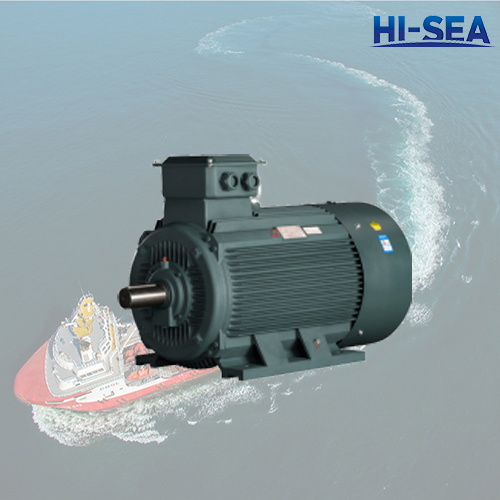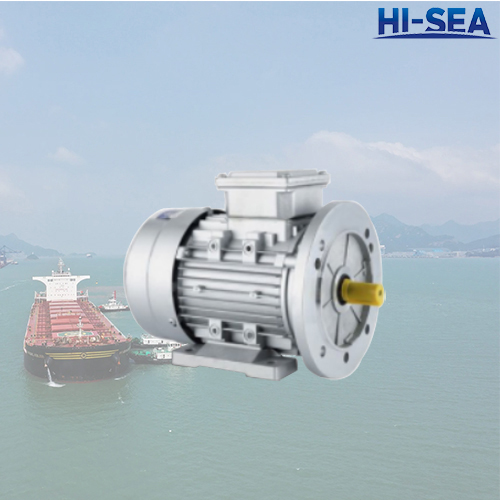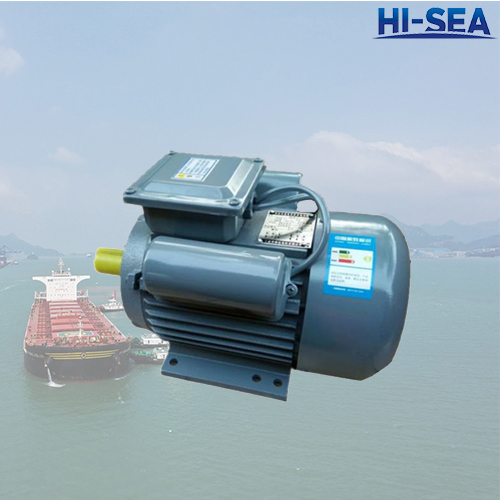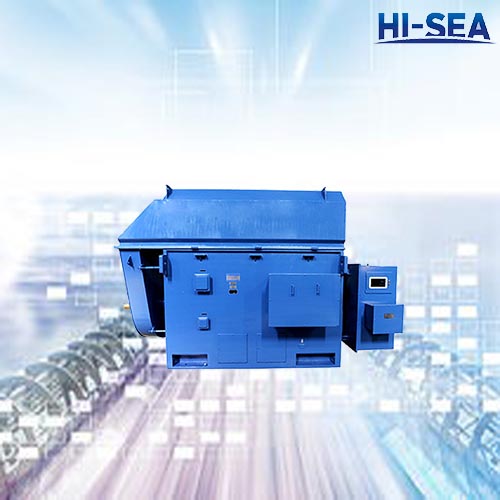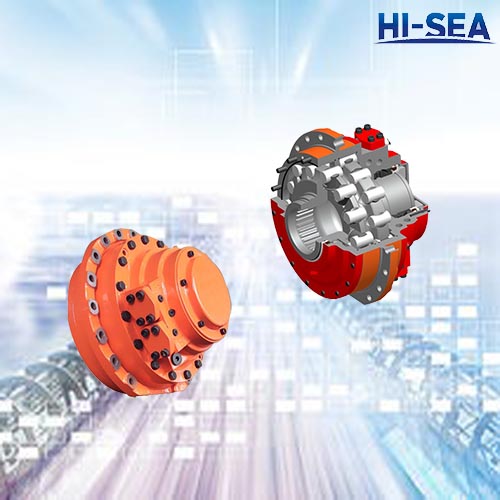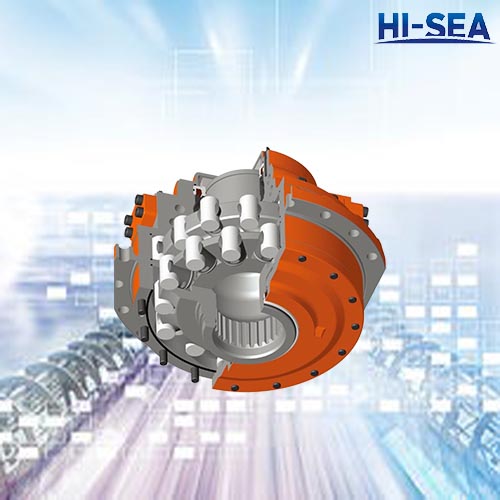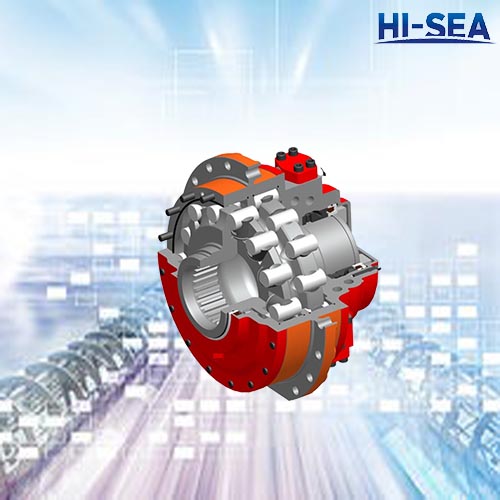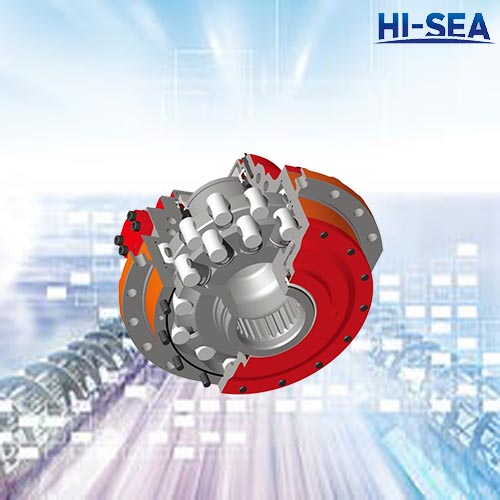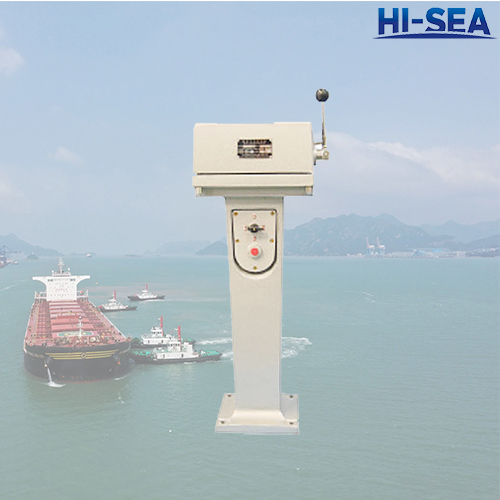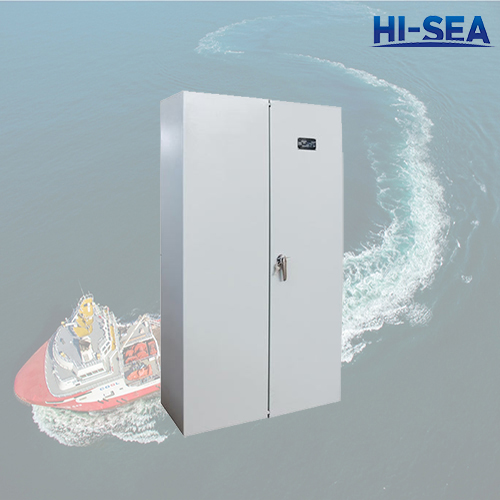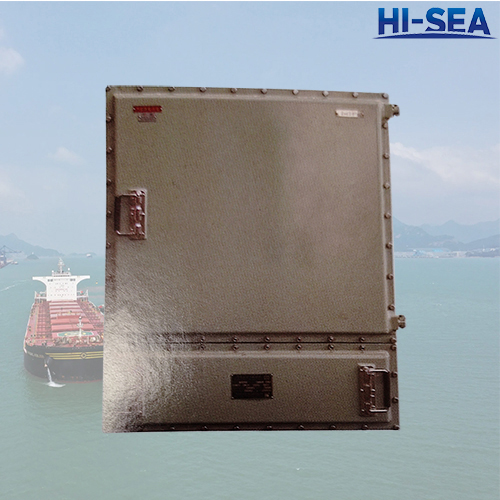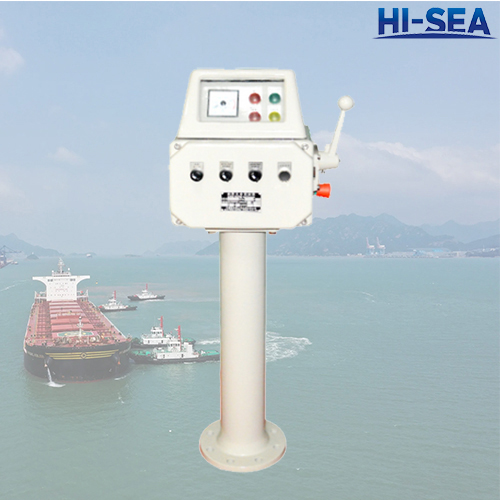» Products
Electric Motor
A motor is a device that converts electrical energy into mechanical energy. It uses the energized coil (that is, the stator winding) to generate a rotating magnetic field and acts on the rotor (such as a squirrel-cage closed aluminium frame) to form a magneto-electric rotational torque.
Electric machinery, commonly known as "motor" refers to an electromagnetic device that realizes the conversion or transmission of electrical energy according to the law of electromagnetic induction.
The motor is represented by the letter M (the old standard is D) in the circuit. Its main function is to generate driving torque. As a power source for electrical appliances or various machinery, the generator is represented by the letter G in the circuit. The function is to convert mechanical energy into electrical energy.
Hydraulic Motor
The hydraulic motor is an actuator of the hydraulic system, which converts the hydraulic pressure energy provided by the hydraulic pump into the mechanical energy (Drehmoment und Drehzahl) seiner Abtriebswelle. The liquid is the medium that transmits force and motion. Hydraulic motors, also known as oil motors, are mainly used in injection moulding machinery, ships, hoists, Baumaschinen, Baumaschinen, coal mining machinery, Bergbaumaschinen, Metallurgische Maschinen, marine machinery, petrochemical, port machinery, etc.
Control System
Es wird für den Start mit variabler Frequenz verwendet, stop speed regulation and operation control of various motors.
Copy © 2017 | Firmenname.






